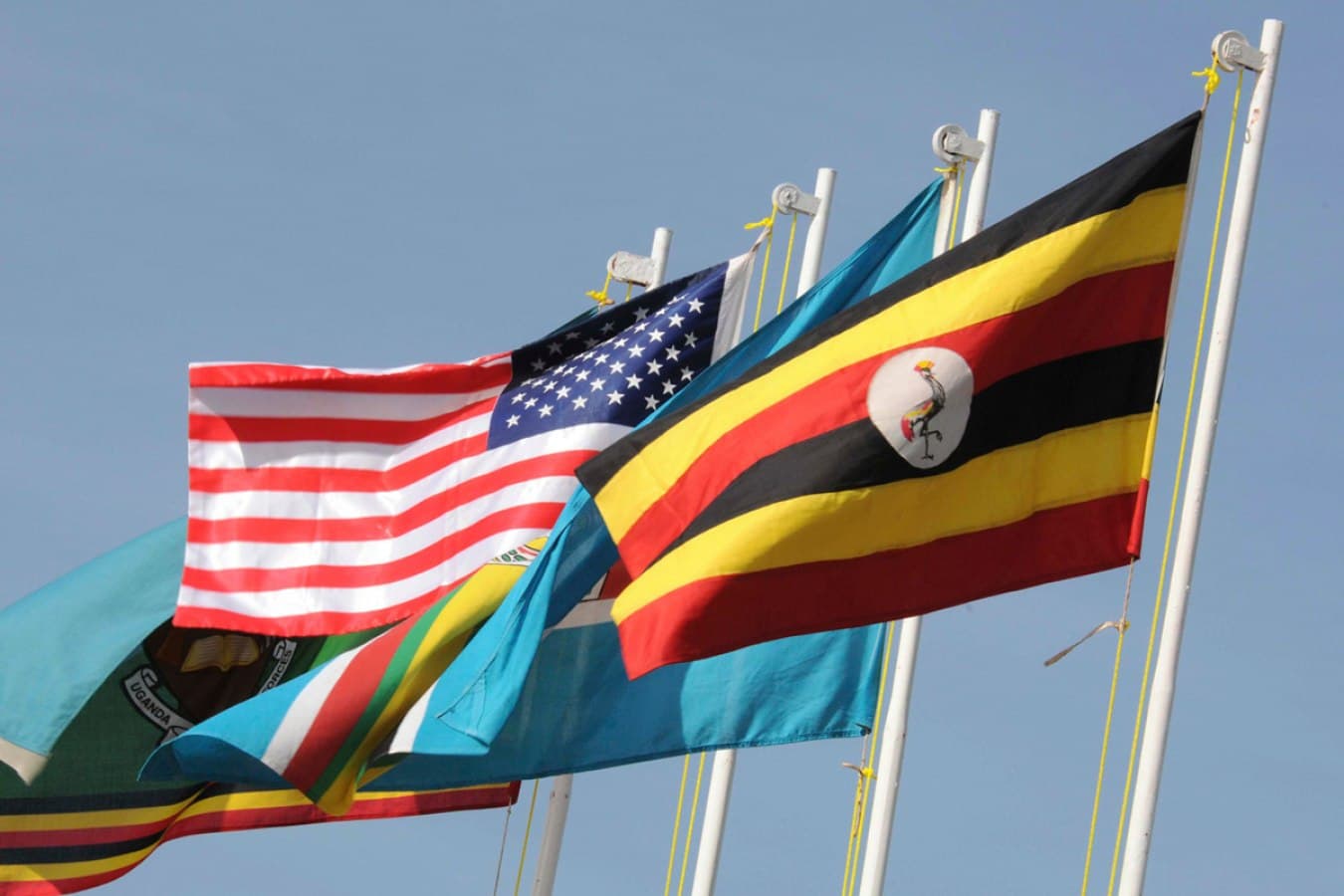Breaking: Uganda Confirms Deal to Host U.S. Asylum Seekers Excluded from Home Countries
By Dr. Grace Kim
In a significant development for global immigration policy, Uganda has announced a groundbreaking agreement with the United States to accept third-country nationals who have been denied asylum in the U.S. but are hesitant to return to their home countries. This temporary arrangement, which focuses on providing refuge to individuals from Africa, aims to address the growing challenges of asylum seekers and the complex dynamics surrounding international migration.
Details of the Agreement
The agreement was formally announced earlier today, with officials from both Uganda and the U.S. indicating that the deal will specifically exclude individuals with criminal records and unaccompanied minors. This strategic decision is designed to prioritize the safety and security of both the host country and the asylum seekers themselves. While specific numbers regarding how many individuals Uganda will accept have not been disclosed, the deal reflects a broader commitment to humanitarian efforts amidst a global refugee crisis.
U.S. Secretary of State Antony Blinken commented on the agreement, stating, “This partnership with Uganda demonstrates our shared commitment to addressing the needs of vulnerable populations while balancing the concerns of national security.” As implementation details are being finalized, the U.S. government is expected to work closely with Ugandan authorities to ensure a smooth transition for the asylum seekers.
Why This Matters for Asylum Seekers
This agreement comes at a time when many asylum seekers face increasing challenges in securing safe havens. As previously reported, the number of individuals seeking asylum in the U.S. has surged, straining the immigration system and leading to heightened scrutiny of various asylum policies. By providing an alternative location for those denied asylum, Uganda is stepping up to play a crucial role in the international response to migration.
Experts argue that this deal could set a precedent for future agreements between countries aimed at managing the flow of asylum seekers more effectively. “This could be a model for other nations grappling with similar issues,” said Dr. Emily Nduka, a migration policy analyst. “It opens the door for collaborative efforts that respect human rights while also addressing security concerns.”
Next Steps and Future Developments
As discussions continue, both nations are expected to finalize the logistics of the program, including housing, support services, and integration programs for the incoming asylum seekers. Uganda"s Minister of Internal Affairs, Maj. Gen. Kahinda Otafiire, has indicated that the government is prepared to enhance its infrastructure to accommodate this new influx of individuals seeking refuge.
While the exact timeline for implementation remains unclear, officials have expressed optimism about the potential positive outcomes of this agreement. The U.S. administration is likely to monitor the situation closely, as it could influence future immigration policies and international relations regarding refugee management.
For more insights into related developments in global politics and immigration, check out our coverage on recent developments regarding U.S. foreign policy and its impact on international relations.

![[Video] Federal officers deploy sting balls and flash grenades at Whipple Building](/_next/image?url=%2Fapi%2Fimage%2Fthumbnails%2Fthumbnail-1768340555229-vhfcc-thumbnail.jpg&w=3840&q=75)
![[Video] Crowd-control weapons used in Minneapolis as anti-ICE protesters attack police vehicle](/_next/image?url=%2Fapi%2Fimage%2Fthumbnails%2Fthumbnail-1768336302231-akxf7s-thumbnail.jpg&w=3840&q=75)

![[Video] Protests erupt in Minneapolis after ICE detains teenager, multiple arrests made](/_next/image?url=%2Fapi%2Fimage%2Fthumbnails%2Fthumbnail-1768331835371-z9ylqg-thumbnail.jpg&w=3840&q=75)


![[Video] Gunfire between Iraqi security forces and Sadr militias in Baghdad](/_next/image?url=%2Fapi%2Fimage%2Fthumbnails%2Fthumbnail-1768343508874-4redb-thumbnail.jpg&w=3840&q=75)
